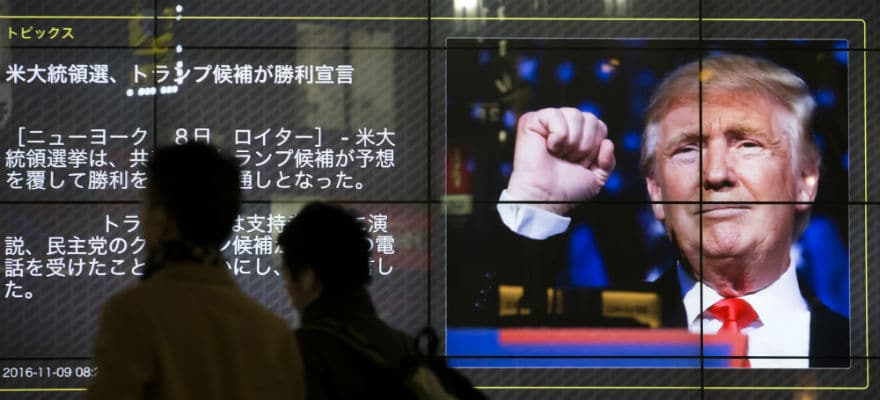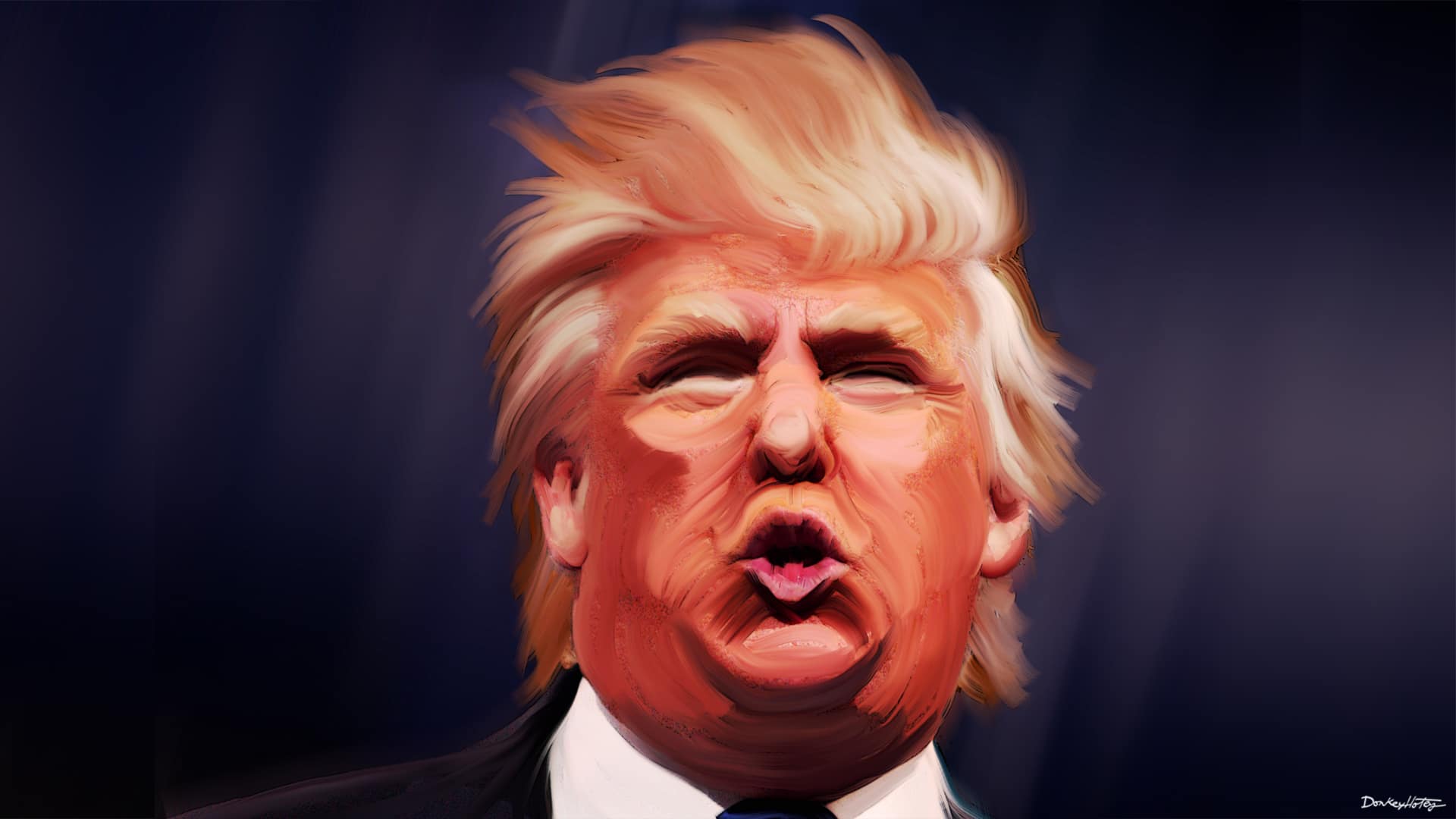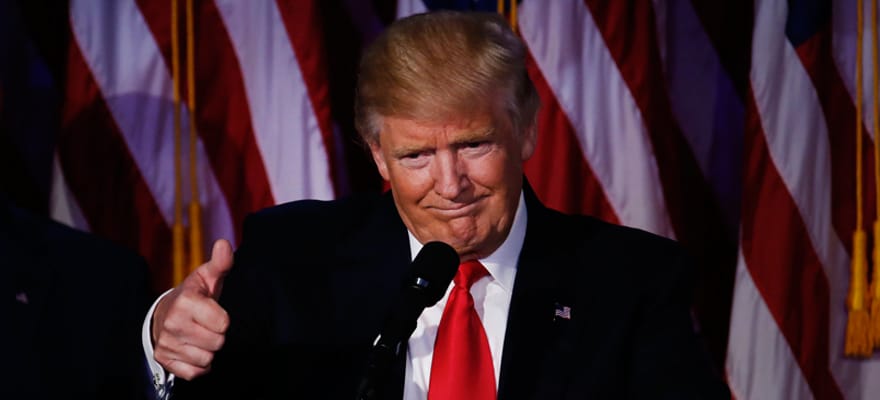In a Brexit style upset, Donald Trump has been elected as the next President of the United States of America. Trump has outlined some of his policies he will attempt to implement, even breaking them down by category, such as financial services:
"The Dodd-Frank economy does not work for working people. Bureaucratic red tape and Washington mandates are not the answer. The Financial Services Policy Implementation team will be working to dismantle the Dodd-Frank Act and replace it with new policies to encourage economic growth and job creation."
But what does this really mean? Dodd-Frank is an octopus of thousands of rules. There's no mention of what will happen to FX, if anything.
Maybe the most FX players can hope for is that through repealing Dodd-Frank, FX will be another side effect of a general loosening of financial regulations. Although there's been some suggestions for the modification of FX related rules online, there's been no mention of FX from Trump or his team at all. Maybe that's a good thing.
To unlock the Asian market, register now to the iFX EXPO in Hong Kong
One thing is clear - Trump is good for US dollar strength. The US dollar is on a bull-rampage, especially against emerging market currencies. Trump's pro-business policies will likely benefit the financial services industry in the USA and thus, FX as well. There's a few areas where Trump's existing policies as outlined can affect FX:
1. Taxes
The majority of non-US brokers that do not accept US clients is not because of Dodd-Frank, it's because of FATCA compliance.
The IRS has demanded that any entity that accepts a US account holder must either comply with FATCA or risk fines, penalties, or worse. For this reason, many have chosen to simply not accept US citizens, in order to not deal with this compliance.
If FATCA rules are reformed significantly, this can change foreign institutions attitude toward US Citizen clients.
2. Trade
Whenever a US corporation trades with a foreign corporation, whether it be for oil, shoes, bitumen, or Radiata pine, there is an FX trade behind it.
For the majority of 'majors' this is a non-issue, as the banking relationship between the USA and the UK for example is extremely efficient. But this is not the case in places where trade has grown in recent years such as China.
In China's case, it is a 'currency manipulator' as Congress says (but, the USA is too, everyone with a central bank that affects FX rates is a 'manipulator').
China's FX is controlled by the central bank. Although rules have loosened in recent years, it's not clear what Trump might do to unwind this trade and bring businesses back to the USA.
One easy step would be a trade tariff, something a Trump President may be able to do without an act of Congress (although, with a Republican controlled Congress, he'll have no problems getting their support).
As far as Trump and monetary policy, which will directly impact the USD, the market is receiving mixed signals.
There are those in the camp that believe that, because Trump is pro-business and pro-Wall Street, a continuation or even increase of quantitative easing is in store. On the other hand, Trump has indicated that the debt is out of control, and hinted that he will 'manage' the debt and that he's not happy with Fed policy.
This could all indicate a reversal of QE and increase in rates. It could go as far as Trump appointing a new fed chair who will do what Trump says. Technically, this is not illegal:
"There is absolutely nothing in U.S. law preventing Trump from violating the Fed's independence, a post-1979 development that rests largely on the restraint of the president. Will Trump show this restraint? We'll see."
Just like the mainstream media failed to fairly report the election, they're also failing to fairly report Trump's presidency.
Or, they fail to understand Fed policy. Trump will most certainly NOT show restraint, his entire campaign has been that what politicians have done for the last 30 years hasn't worked for America Inc. and business leaders agree with him.
It was big news that Ford called Trump and said they're not moving their factory to Mexico from Kentucky. Wouldn't it be great to see a migration of Forex brokers back to the USA?
But it seems that no matter what the impact, Trump will be net US dollar positive, and net positive for FX.


















